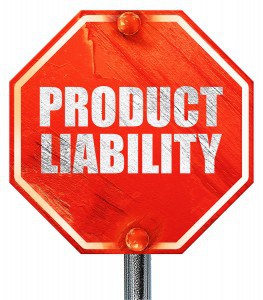Product Liability: What You Need To Know About Manufacturer’s Warranties
February 6, 2017
When a product is defective and unreasonably dangerous, the manufacturer can be held strictly liable, under a theory of strict liability, even though there is no fault or negligence involved. Warranty liability, on the other hand, is mainly focused on the express or implied promises made during the sale of goods transaction. The following are the main things you should know about warranties in the product liability context.
Warranties in the commercial context can be express or implied. An express warranty is any affirmation of fact made by the seller to the buyer that relates to the product or good and was part of the reason(s) the buyer decided to buy the good.
Even if the seller makes no express representations or promises, the law can still impose an implied warranty. In the sale of goods scenario, there are two main types of implied warranties: (1) The implied warranty of merchantability, and (2) The implied warranty of fitness for a particular purpose.
The implied warranty of merchantability arises when the seller is a merchant who deals with goods of the same kind than the one sold to the buyer. If that is the case, the seller impliedly warrants that the good is fit for ordinary use. On the other hand, the implied warranty of fitness for a particular purpose will apply only if the seller, regardless of whether he is a merchant or not, knew or had reason to know that the buyer had a special purpose in mind when he bought the product, and relied on the seller to pick out such product.
What are the options for the buyer in case there is a breach of a warranty (express or implied) in the sale of goods context? The buyer has the option of suing under the Uniform Commercial Code (UCC) and recover economic damages, damages for personal injuries, and attorney’s fees. The buyer has also the option of bringing this claim under the Texas Deceptive Trade Practices Act (DTPA), which would allow him to recover economic damages, damages for mental anguish and punitive damages. The DTPA simply changes the damages for breach of warranty.
If you or a loved one has suffered injuries by a product either through negligence, strict liability or breach of warranty, we recommend you to contact us immediately for a free consultation. Our product liability attorneys will provide you with enough information about your claim and whether you meet the requirements to file suit against the product’s manufacturer. Contact us today for a free consultation.
